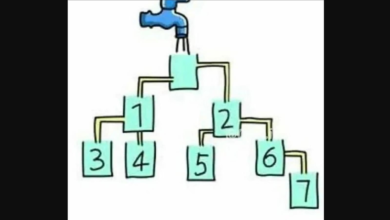CEO hires candidate who could ‘barely communicate’ during interview. Here’s why | Trending

Brigette Hyacinth, CEO and founder of Leadership EQ, took to LinkedIn to share why she hired a candidate who could “barely speak” during the interview. She added that though the candidate was “nervous”, she had a “gut feeling” that hiring her would be the right decision. The CEO shared that during the interview, the candidate performed poorly (representational image). (Pexels/Alex Green) “Disaster! So, I interviewed a highly recommended candidate. The interview was a nightmare. She was so nervous she could barely communicate. A deer in the headlight. She bombed miserably. Still, I couldn’t get past my gut feeling that she was the best candidate for the job. Is it possible to overlook a poor interview performance?” Hyacinth posted on LinkedIn. Hindustan Times – your fastest source for breaking news! Read now. “I gambled and decided to give her a try, and within six months, she was one of my top performers. Sometimes, it’s hard to know a candidate’s full capabilities in a job interview. We shouldn’t be too quick to cross someone off who doesn’t interview well. The truth is interviews can be nerve-wracking. There is so much more to a person than just passing/ failing an interview,” she added. Take a look at her entire post here: The post was shared a few days ago. Since then, it has collected more than 92,000 likes. The share has further accumulated tons of comments from people. What did LinkedIn users say about this CEO’s post?”Wow, I was just thinking about a recent interview I had. I prepared for the interview but was nervous, so the answers didn’t come out like I wish they had. I’m big on actions being better than words. I would rather show you than tell you, and it’s hard to do that in an interview. Some people are great with their words no matter what, and that’s not me when I’m nervous. I wish a lot more people had that mindset and or the interviewer could do things to help relax the candidate they are interviewing,” wrote a LinkedIn user. “Some people interview poorly but perform brilliantly. The reverse is also true. Some people interview brilliantly yet perform poorly in their roles. There’s much more to people than how they are in an interview situation,” added another. “During my next round of interviews, when I send an appointment for the interview, I plan on sending them the questions I want to ask to give them more time to prepare. They may be less nervous, and it will let me see if this is someone who took the time to read the questions I ask,” shared a third.







